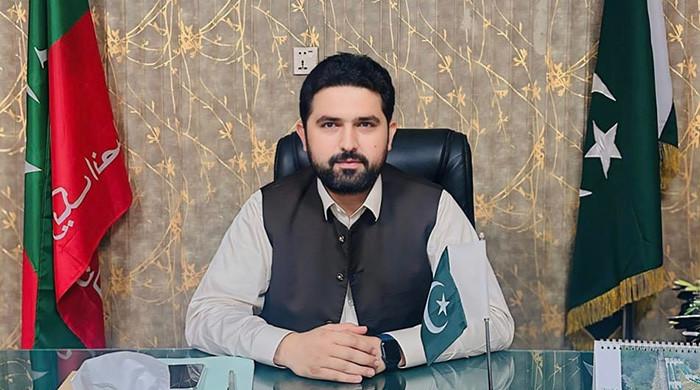In his maiden speech after being elected Chief Minister of Khyber Pakhtunkhwa, PTI’s Sohail Afridi adopted a defiant tone, sharply criticizing federal policies and calling for a review of Pakistan’s Afghan policy — a stance that observers see as politically charged rather than policy-driven.
Afridi, who replaced Ali Amin Gandapur after a series of internal rifts in the PTI camp, claimed that terrorism could only be tackled through “consultation with the people and elders,” seemingly overlooking the decades of sacrifices made by Pakistan’s security institutions to restore peace in the region.
Despite securing 90 votes in the KP Assembly, Afridi’s election remains legally uncertain as Governor Faisal Karim Kundi has yet to accept Gandapur’s resignation, citing discrepancies in his signature.
In his speech, Afridi positioned himself as a populist leader, repeatedly referring to his humble background and rejecting elite politics. “I didn’t become chief minister through a ‘parchi’. I belong to a middle-class family from the tribal districts,” he said, while thanking PTI founder Imran Khan — currently imprisoned in Adiala jail.
Afridi warned that any move to transfer Khan without party consultation would lead to nationwide protests — a statement widely seen as a threat to national stability. “We will paralyse the whole country,” he said defiantly, vowing complete loyalty to Khan’s ideology over governance priorities.
Political analysts believe Afridi’s aggressive tone signals the continuation of PTI’s confrontational politics in KP rather than a shift toward stability and development. His remarks about revisiting Pakistan’s Afghan policy — an area of national security concern — have already drawn criticism from policy experts who view such statements as irresponsible and politically motivated.
Afridi also reiterated PTI’s unproven allegations of election rigging, promising to launch an internal “probe” into what he claimed was the “theft” of their constituencies.
For many in Islamabad and Peshawar, Afridi’s speech reflected the same rhetoric that has kept PTI at odds with the federation — emotional slogans over pragmatic governance.


